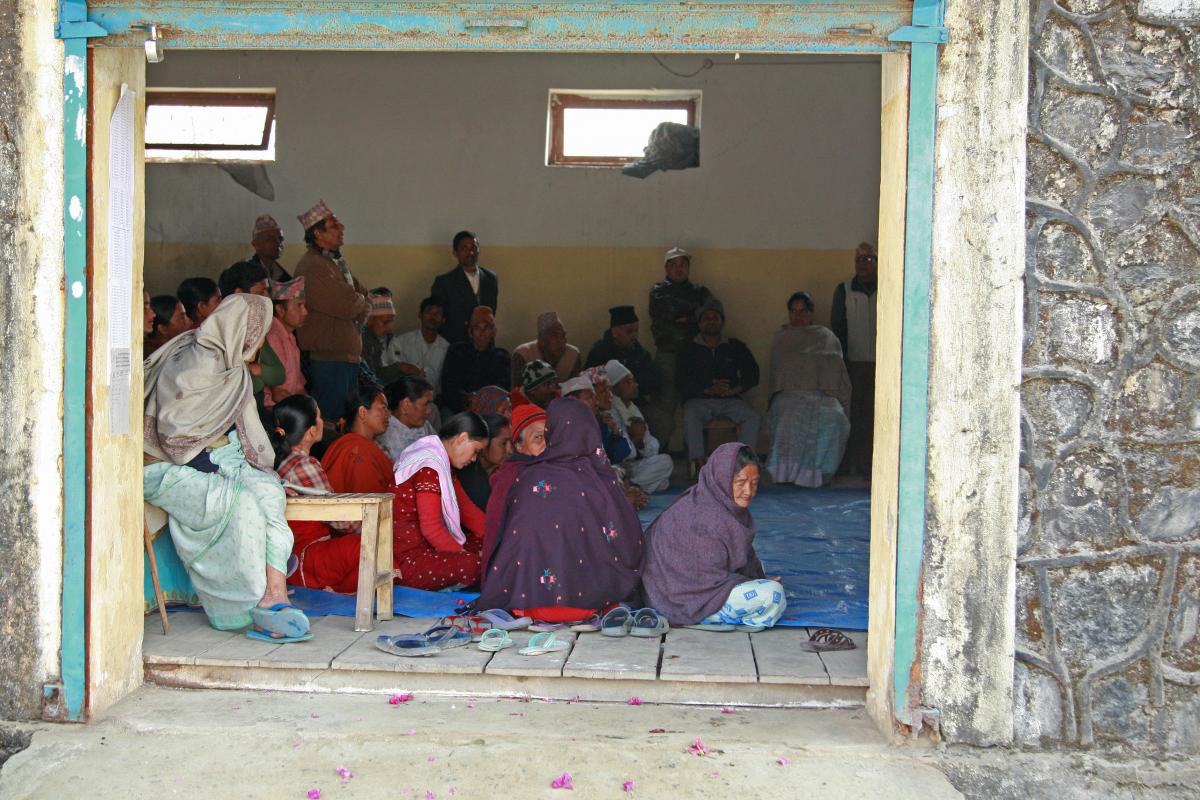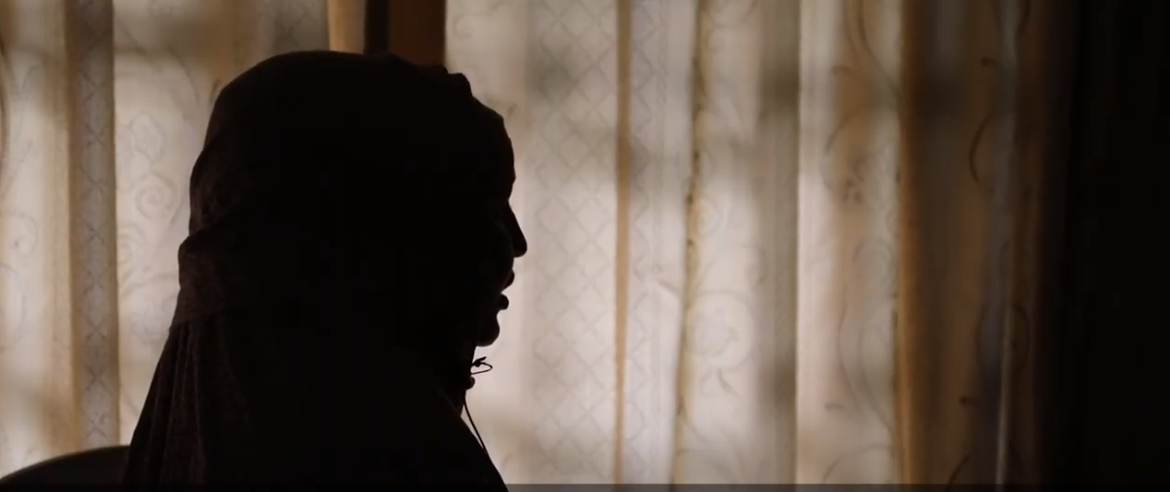Priority Action 6: Engage with alternative dispute resolution and customary and informal justice in line with international standards
Although the drivers and distribution of the justice gap are different from one context to the next, the overwhelming message is that the formal justice system, due to its exorbitant costs, distance, time demands, inflexibility and alien procedures and concepts, is out of reach for many people, especially those living in rural areas. The inaccessibility of the formal justice system is particularly prominent in conflict-affected or fragile countries, where the central legal system often does not have reach beyond the national capital and/or remains highly dependent on donor support.
The impact of this justice gap, not only on the achievement of SDG 16 but also on the achievement of all SDGs, must not be underestimated – impediments to justice create vacuums of authority, erode the stability of national governance institutions and undermine social harmony.
In realizing the challenges ahead, alliances have formed at the national, regional and international level to promote a ‘people-centered justice’ approach to the implementation of SDG 16 targets. Such an approach focuses on responding to pragmatic needs and creating capacity at the subnational level to solve the problems people care about most.
This is evidenced by the adoption of target SDG 16.3.3 on access to dispute resolution mechanisms. Moving away from institutions, legislation and formal procedures, this approach examines justice from the end user perspective, and is grounded in a conceptualization of justice that is concerned with people’s lived experiences and unmet justice needs.
Considered the most widespread justice forums used by individuals in the developing world, engagement with customary and informal justice systems have the potential to contribute to the elusive goal of inclusive and equal access to justice for the poor and marginalized, notwithstanding the significant operational challenges that arise when engaging with such systems. Such systems emphasize restorative justice, flexible rules and procedures and consent-based negotiated solutions based on social and religious norms. Often, the users are disproportionately marginalized – the poor, women and remote and minority populations.
HIGHLIGHTS
Learning best practice for engaging with customary and informal justice systems

Recurring estimates show that globally, more than 80% of legal disputes are resolved outside of formal courts through customary and informal justice systems. These are often the first means of access to a remedy for the poorest, marginalized and most vulnerable. There is prevalent use of these systems, with varying levels of state recognition, especially where recourse to formal state courts is limited to non-existent or where these institutions are weak, absent or lack legitimacy and capacity.
IDLO’s engagement with customary and informal justice draws on significant research and programming experience going back more than a decade. Beginning in 2018 and building on earlier research and programming, IDLO produced a research series titled Navigating Complex Pathways to Justice: Engagement with Customary and Informal Justice Systems.
The production of the series of Briefs – a Policy / Issue Brief, a Practitioner Brief, and an Issue Brief focused on women and customary and informal justice – provided the opportunity to develop a new knowledge production process for IDLO. IDLO worked through a participatory and consultative internal process that involved selected experts and advisors. An internal Community of Practice was developed across IDLO to draw on the Organization’s global programming experience in Burundi, Kenya, Kyrgyzstan, Mali, Peru, Somalia, and Uganda.
Find out more:
Empowering women through customary and informal justice and alternative dispute resolution centres in Somalia

Lack of access to a fair and equitable justice system is one of the most pressing problems confronting Somalia on its path to stability and reconstruction. Rebuilding Somalia’s formal justice system is a highly challenging, complex, and long-term undertaking. In fact, there have not been any effective formal justice institutions in the country for over two decades. In the short-term, to enhance access to justice, it is essential to engage and support Somalia’s customary and informal justice system – the Xeer – which is used by a large majority of Somalia’s people to resolve conflict in their communities and dispense justice.
Engagement with Somalia’s customary and informal justice system is not without difficulty. Many aspects of the system violate the Provisional Constitution, particularly when it comes to women’s rights and the rights of marginalized groups. To support equal access to justice, IDLO has worked at the national level to support the development of a national policy on traditional dispute resolution with a view to harmonizing the Xeer with national legislation and the Provisional Constitution.
The project has also supported the establishment of Alternative Dispute Resolution (ADR) Centers as a unique model of justice delivery, facilitating settlement of disputes through the use of informal dispute resolution. The process blends elements of arbitration, mediation and other conventional ADR methods while preserving Xeer customary norms and emphasizing consensus-building and voluntary agreement by parties.
IDLO research shows the added value of the ADR Centers for marginalized groups, especially internally displaced persons and women. In 2019, 47% of the Center users were female. Surveyed respondents felt justice had improved in their community with the opening of the Center and 78% were satisfied with their justice outcome. Capitalizing on these lessons, IDLO is increasingly using research findings to provide support in critical areas, such as addressing gender-based violence, including through community-driven approaches.
Find out more:

